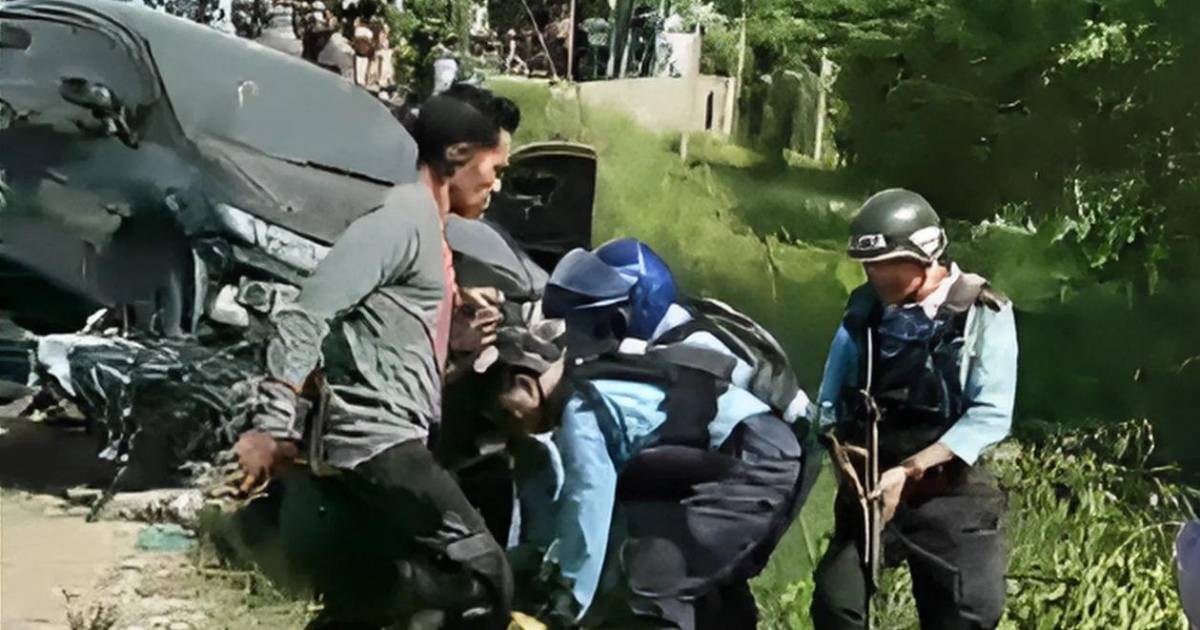
A Father's Justice or a Crime? The Sicario Killing That Shook Choluteca
Imagine the unbearable shock of receiving a call that your daughters have just been ambushed and critically injured in a violent attack. This was the nightmare that José Heriberto Montenegro Matamoros lived through on June 24, 2025, in Choluteca, Honduras. And what followed has set off a storm of public debate, legal scrutiny, and emotional reactions across the country.
According to the official reports, a vehicle carrying Montenegro’s two daughters, Fabiola Michelle and Emisen Darlenis Montenegro Ferrera, along with a third passenger, was ambushed near Santa Ana de Yusguare by armed individuals on a motorcycle. The attack left all three occupants severely injured. The suspects were allegedly tied to a long-standing territorial feud between two criminal groups: “Los Pelones” and “Pelones Nueva Generación.”
Also Read:- Jamie Benn Returns to Stars on One-Year Deal, Eyes Another Run
- Megan McConnell’s Six Words Say Everything After Emotional NBA Finals
When Montenegro arrived at the scene moments later and saw the aftermath—his daughters bleeding and barely conscious—he acted. Spotting one of the alleged attackers being detained by the police, he reportedly drew a firearm and shot the man dead right then and there, in front of the authorities. That man, identified as Osvaldo Eduardo Hernández Cervellón, had a long criminal history, including multiple arrests for drug trafficking, extortion, and weapons offenses.
In a twist that has sparked national conversation, the court did not remand Montenegro to prison but granted him house arrest under the custody of another daughter. His trial is set to begin on July 8. The public has been deeply divided: some hail him as a hero who protected his family, while others question the implications of citizens taking justice into their own hands—especially when lethal force is involved.
The case took on even more complexity when authorities linked the ambush to a turf war between the aforementioned gangs. This casts Montenegro’s actions not just as personal vengeance, but as an act in a larger war plaguing the region. While social media has rallied behind him with hashtags and messages of support, legal experts warn that even the most understandable motives don’t absolve someone of the law.
So, is this a clear case of a father defending his family, or did Montenegro cross a line that no citizen should? As the country awaits the next hearing, this incident remains a powerful—and painful—reminder of how violence and justice collide in the most personal of ways.
Read More:

0 Comments